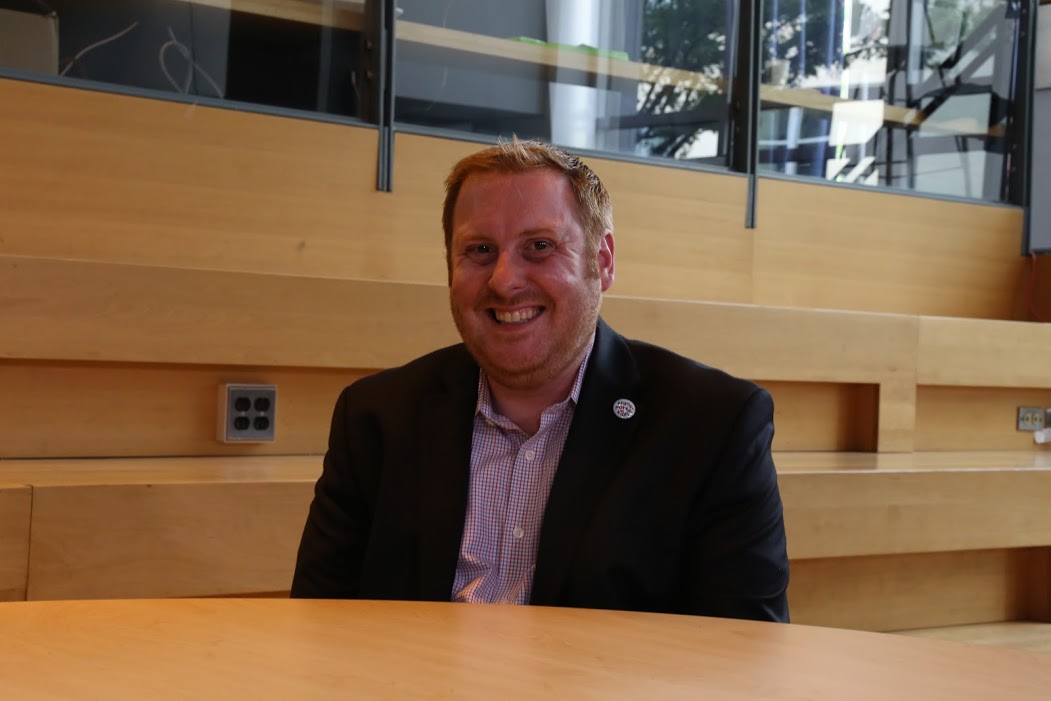 NEWS
NEWS
 NEWS
NEWS
 NEWS
NEWS
It is a truth of the Modern Age that any successful business will live by its power to use data. However, this truth does not apply only to business. Government agencies share the same need for data as the enterprise world, and their mandate can affect millions of people. To manage the massive data flow that defines this century, government agencies have taken on Chief Data Officers (CDO) who shape and organize data policy in their departments.
To gain some insight into what it means to be a government CDO, Stu Miniman (@stu) and Paul Gillin (@pgillin), cohosts of theCUBE, from the SiliconANGLE Media team, visited the MIT CDOIQ Symposium in Cambridge, MA. There, they met with Daniel Morgan, chief data officer at the US Department of Transportation (DoT).
The conversation opened with a look at what a CDO does for their organization. Morgan explained that he has three main concepts: improve data governance, increase engagement with users, and improve technology enablement. He stated that engagement with users is important because an open-data policy is a priority. Also, technology enablement means bringing modern tools into the agency so they can make the most of their data.
Morgan referred to his work as a team sport, since the open-data policy creates a presumption of openness in how the data is organized and presented. He also mentioned working with others to make sure their systems have the right controls in place to secure the data.
Things turned toward the DoT itself and what data it collects. Morgan described it as a mishmash, saying they collect and use a wide range of data — from airplane flights to vehicle recalls to information on crashes. It uses this data to understand what technologies would improve public safety.
“There’s a lot of slower-moving data, but then there’s the real-time operations as well,” he said.
Morgan then took a moment to speak about the benefits of the open-data policy. Companies are using that data to power applications and business processes. He explained that’s the key — understanding these applications can help the community and create jobs. He stated this activity was more important than monetizing the data for cost recovery.
Watch the full interview below, and be sure to check out more of SiliconANGLE and theCUBE’s coverage of the MIT CDOIQ Symposium.
Support our mission to keep content open and free by engaging with theCUBE community. Join theCUBE’s Alumni Trust Network, where technology leaders connect, share intelligence and create opportunities.
Founded by tech visionaries John Furrier and Dave Vellante, SiliconANGLE Media has built a dynamic ecosystem of industry-leading digital media brands that reach 15+ million elite tech professionals. Our new proprietary theCUBE AI Video Cloud is breaking ground in audience interaction, leveraging theCUBEai.com neural network to help technology companies make data-driven decisions and stay at the forefront of industry conversations.